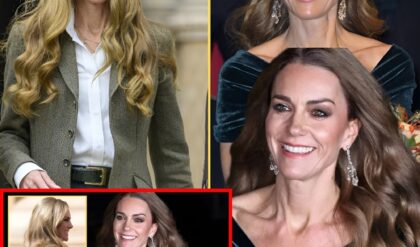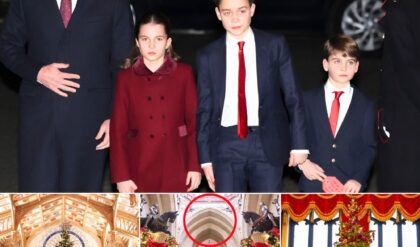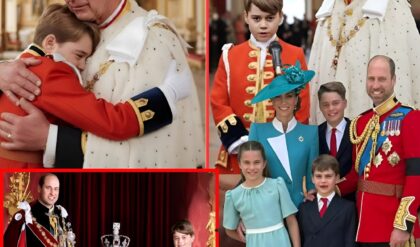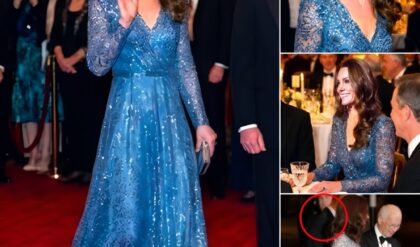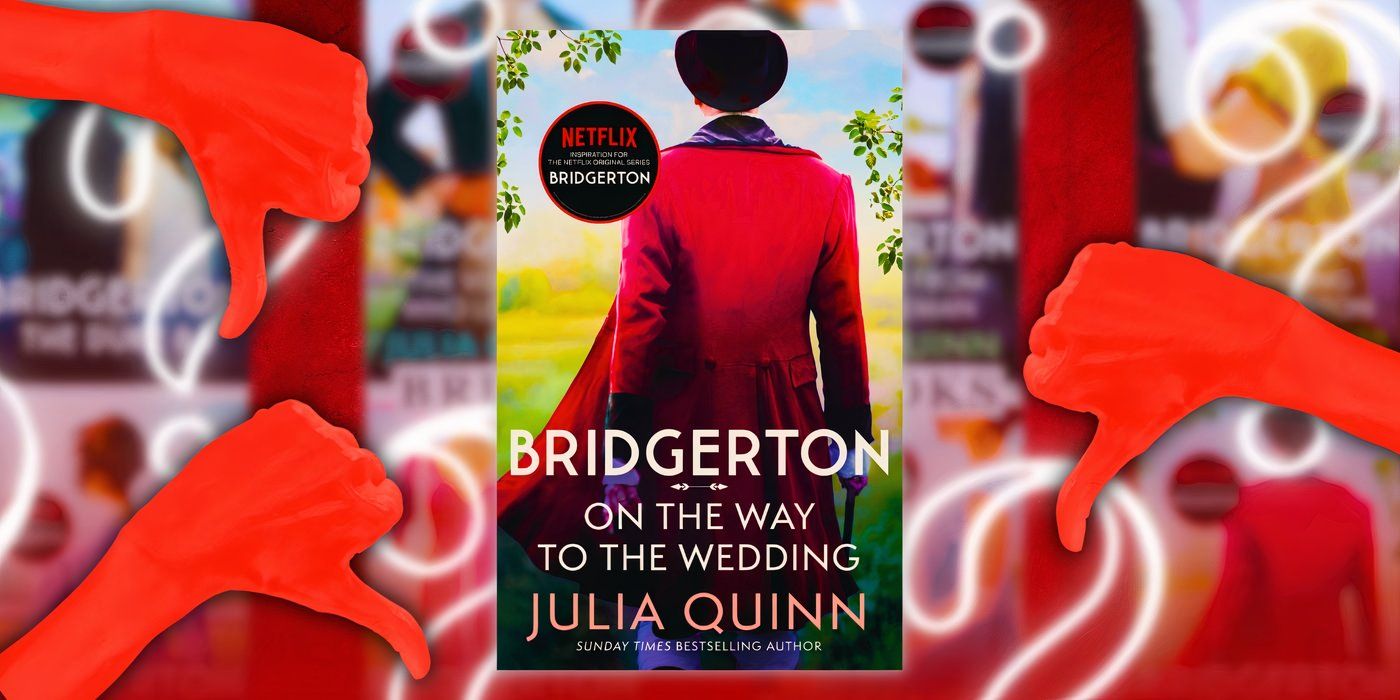
However, it’s worth noting that Bridgerton is a product of its time. 18 years after the end of the book series, certain elements of the books wouldn’t be seen nowadays, and like the TV show, Brigdgerton has flaws that are easy to ignore. While the Regency period novels are massively successful and have launched one of the best TV show book adaptations ever, the Bridgerton books aren’t as wholesome as they seem upon closer analysis.
Bridgerton Romanticizes Class Dynamics
Those Without Regal Titles Are Perceived As Taboo
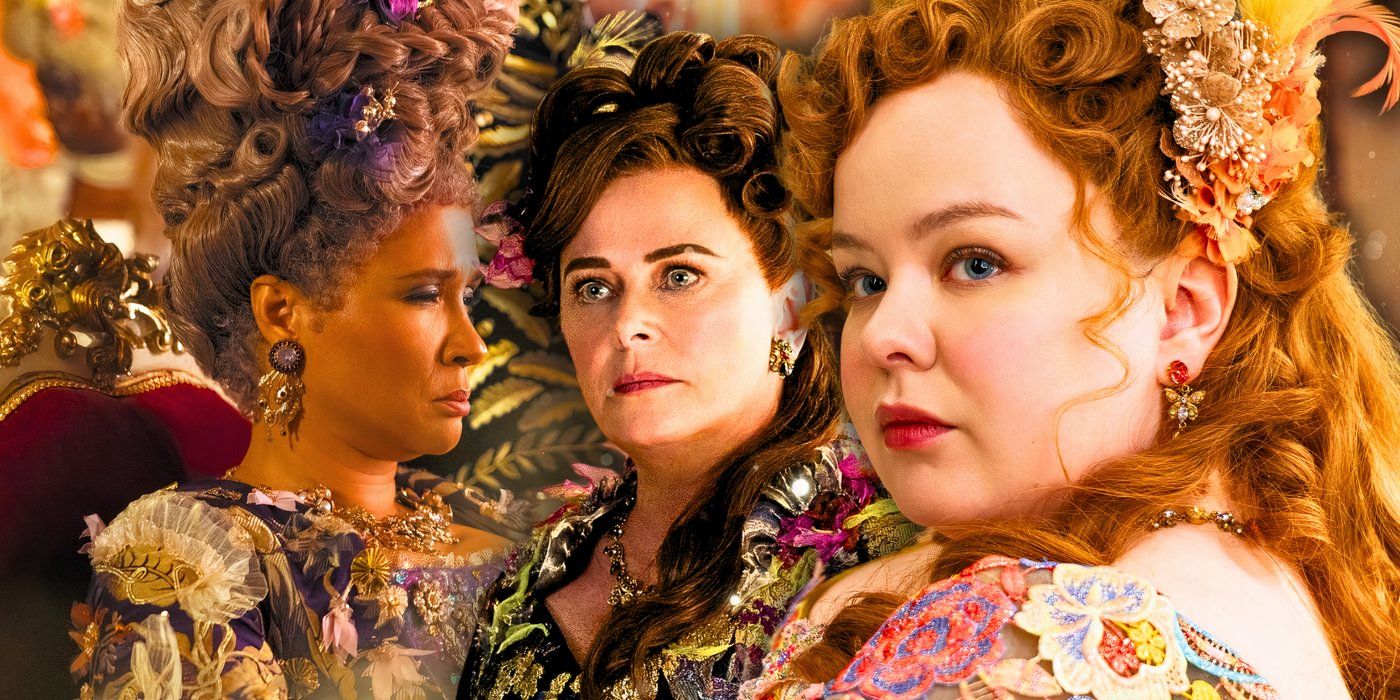
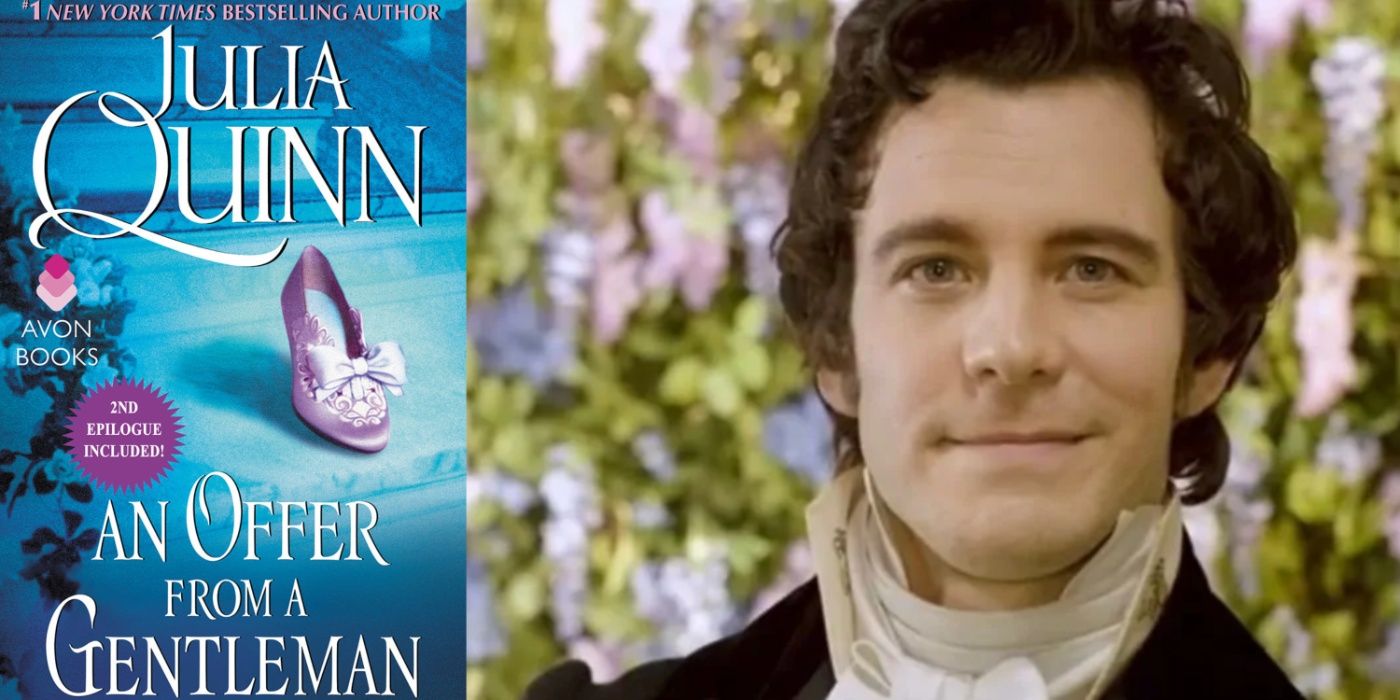
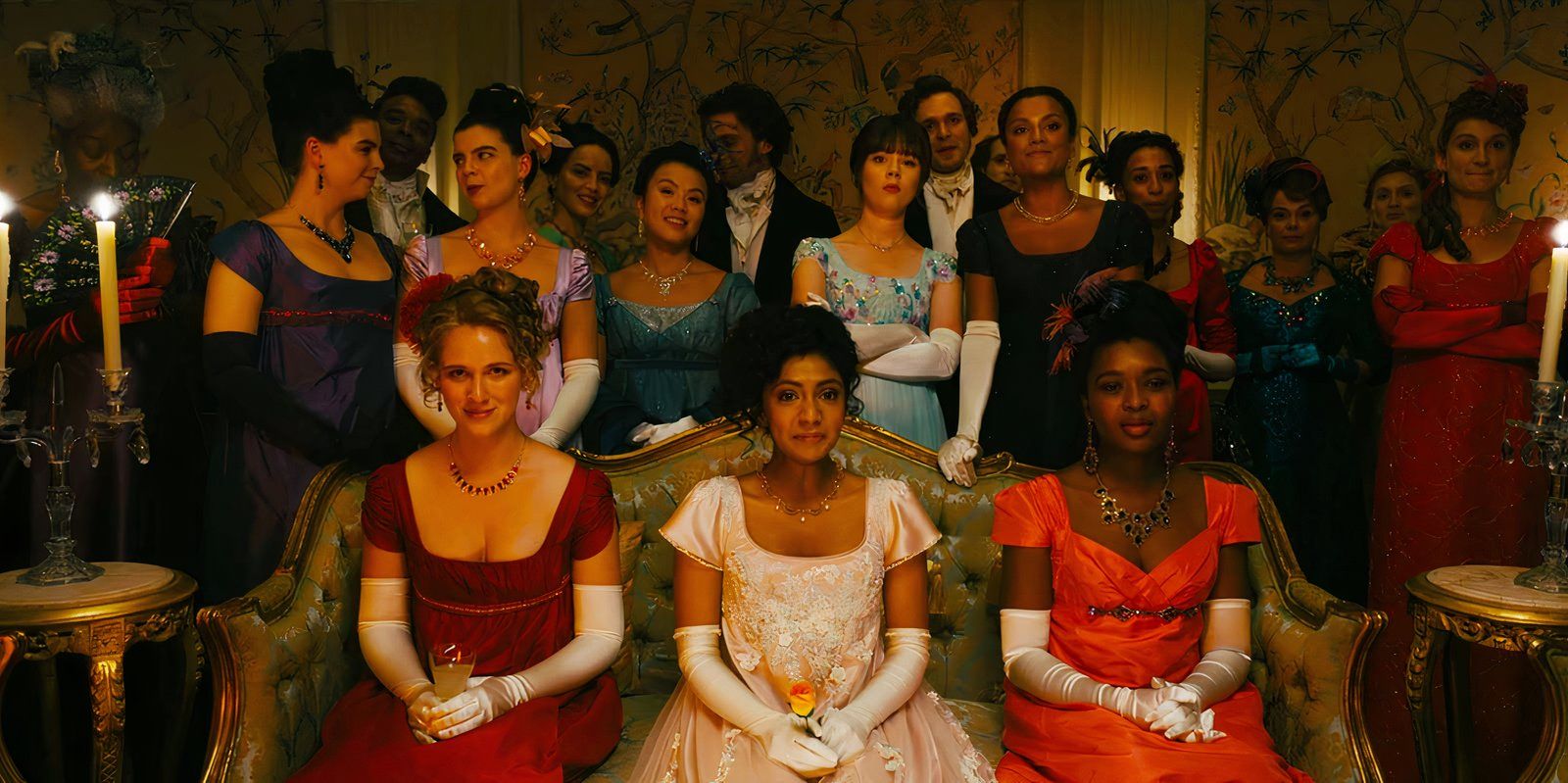



While the Bridgerton books heavily rely on love to drive their narrative, they unfortunately romanticize the class dynamics between their characters. Throughout the series, several characters who come from less than the titular family are introduced into the fictional world. There is such a heavy focus on the Bridgertons marrying into families that are equal to or better than them, all for the sake of social appearances and trivial titles. For example, Benedict’s novel, An Offer from a Gentleman, primarily focuses on his love interest, Sophie Beckett.
Despite being the illegitimate daughter of an Earl, Sophie’s character romanticizes the class divide by coincidentally making her a servant because of an evil stepmother. The fact Sophie isn’t at the same level of society as Benedict is portrayed as exciting, and that love trumps all. But in reality, it’s Benedict rebelling against an invisible structure that makes this storyline supposedly taboo. The same can be said about Anthony, whose title of Viscount in Bridgerton causes conflict every time he or a sibling is presented with a possible love interest.
Daphne’s Sexual Assault Against Simon Is Normalized
The Eldest Bridgerton Daughter Believes Her Actions Are Normal Because She Wants A Child
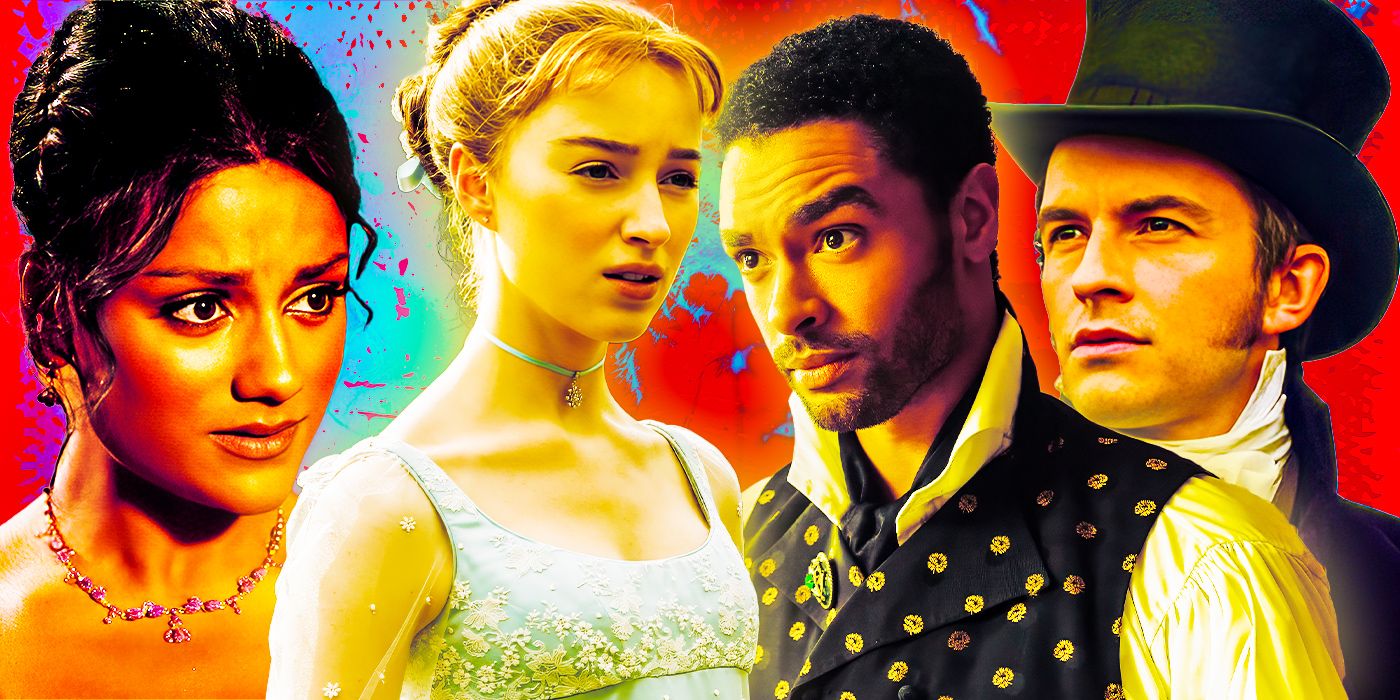
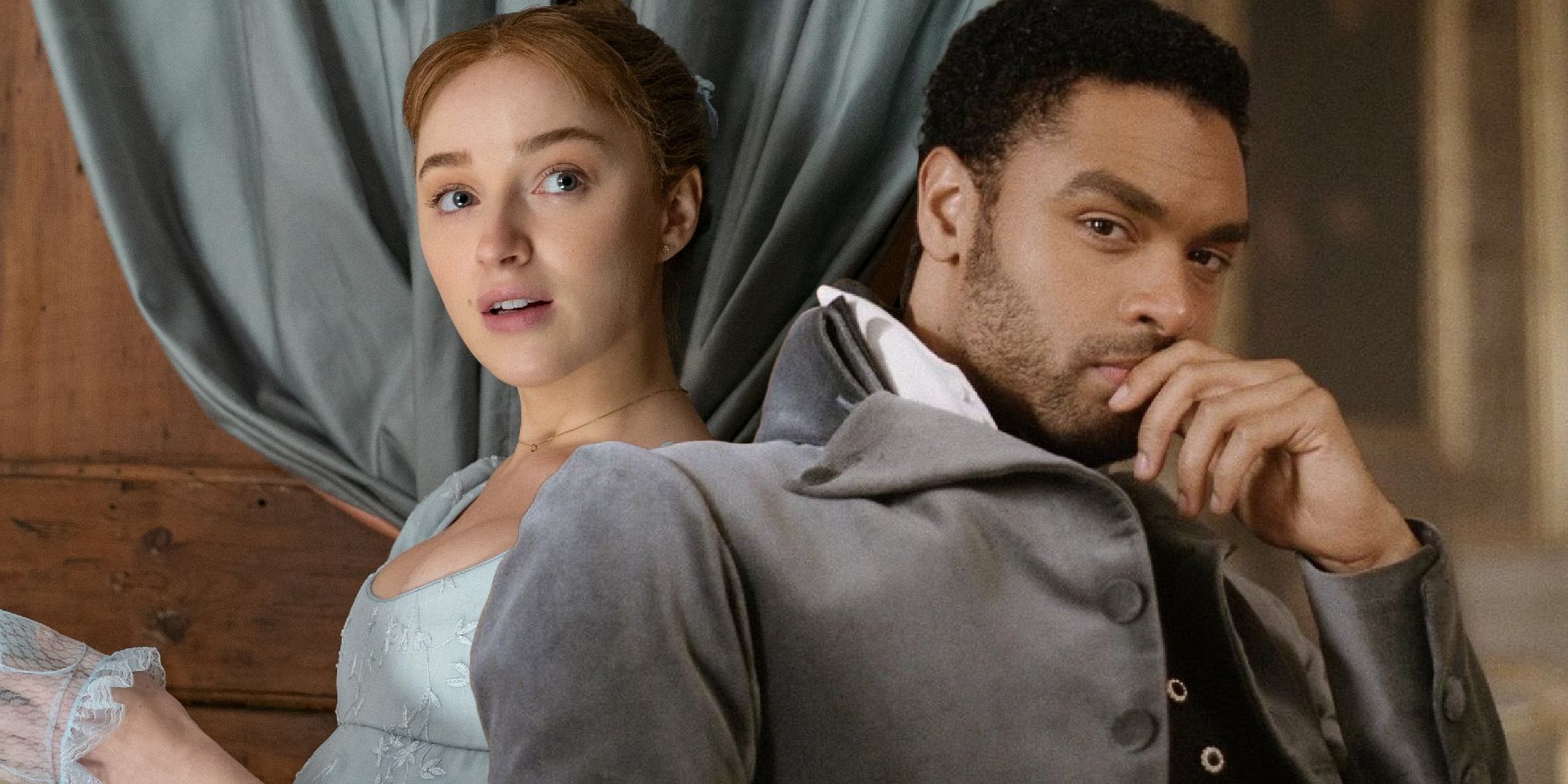
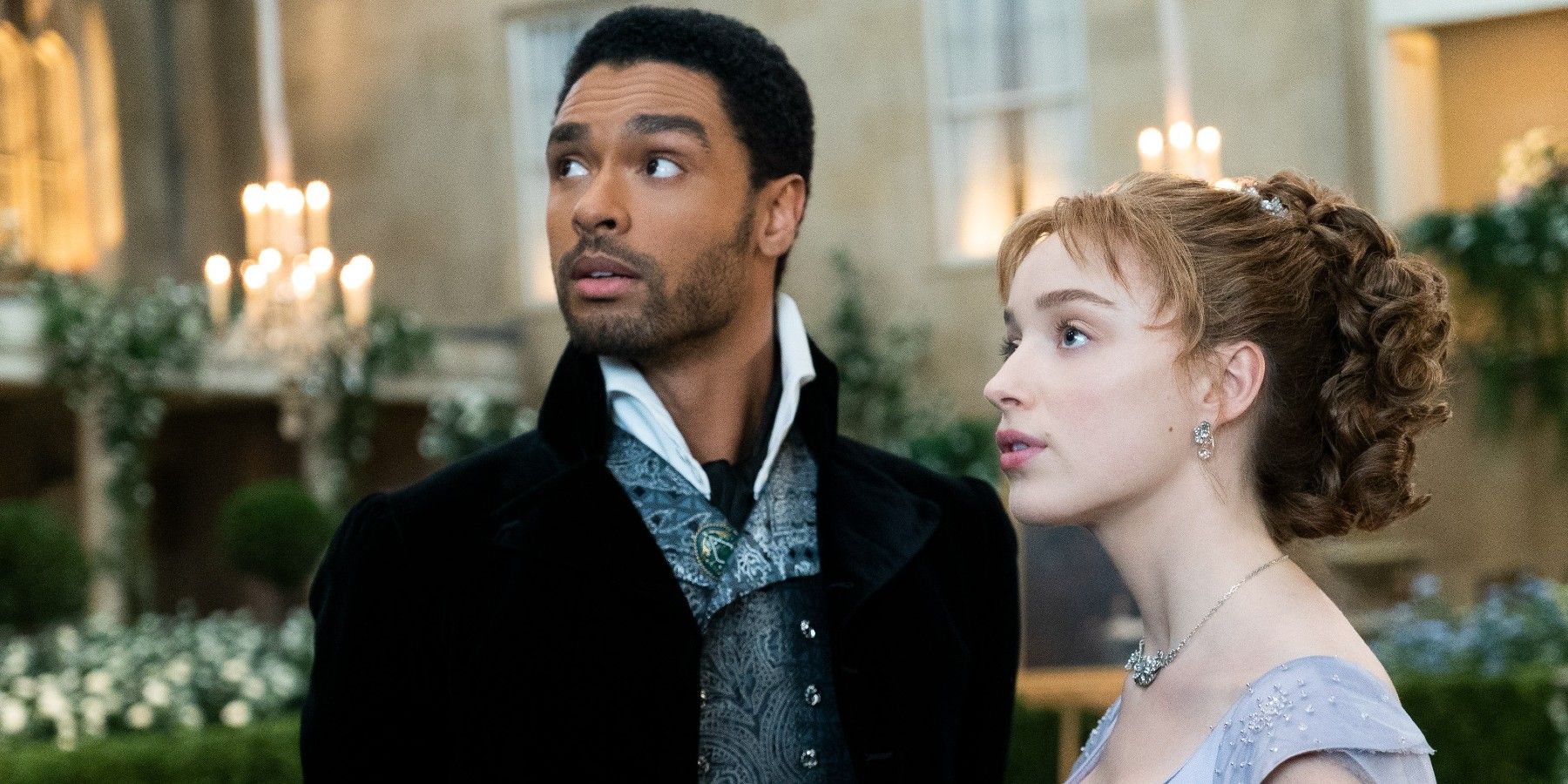



In The Duke and I, Daphne falls in love with the Duke of Hastings, Simon Basset. Much like the TV show, Daphne and Simon’s story in Bridgerton begins as quite rocky, but eventually, Simon embraces his love for the eldest Bridgerton daughter. One core problem in their marriage is that Simon does not want to have children because of his own traumatic childhood. However, one of the differences between Simon’s Bridgerton book story and the TV show is how Daphne handles this revelation. The build-up to Daphne assaulting her husband is more complicated, and her reactions are concerning.
Daphne makes Simon feel bad for not wanting children and guilt trips him for not doing what is expected of them. She shames Simon for still feeling resentful of his late father and moves out of their bedroom as a punishment. When he gets drunk to try and handle his tender emotions, Daphne takes advantage of him despite knowing he hasn’t changed his mind. What’s so awful about this situation is that when Simon disappears after Daphne’s actions, she is perceived as being in the right, and he is painted as a heartless spouse who is neglectful and cruel.
Colin Is A Bit Toxic In Romancing Mr. Bridgerton
TV Colin And Book Colin Are Very Different People
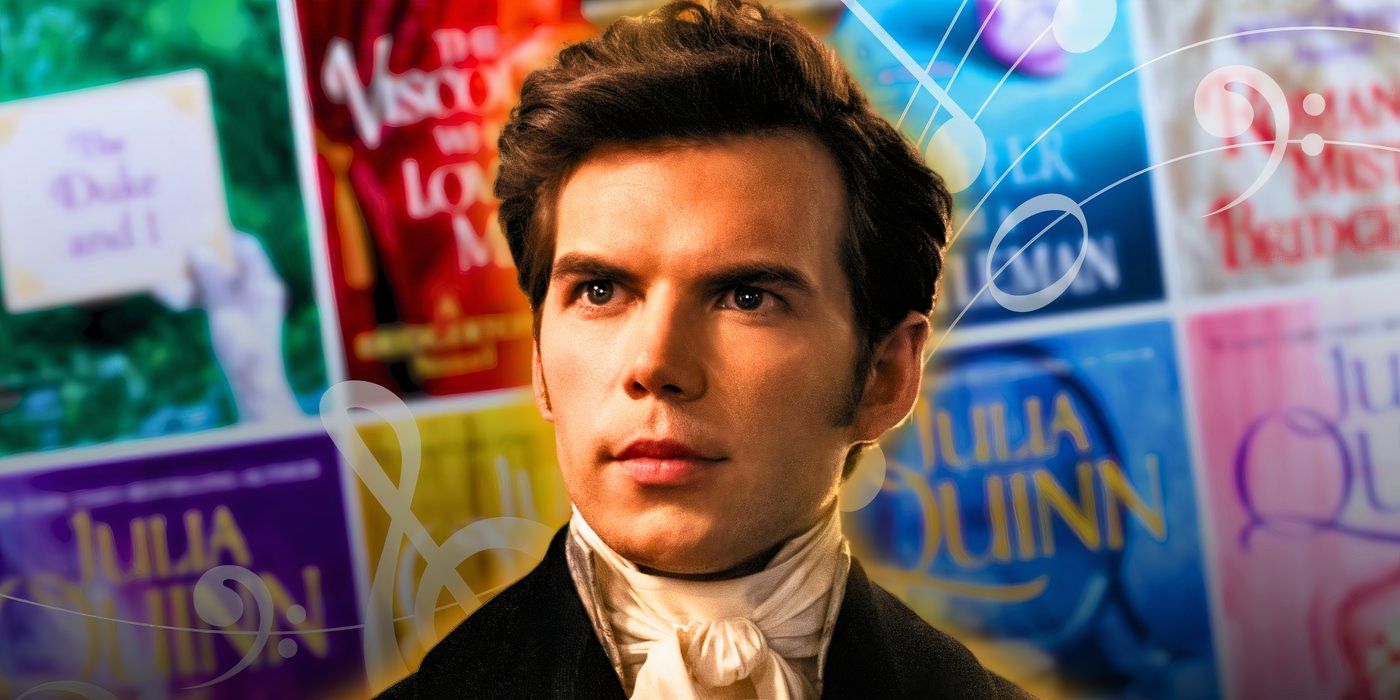
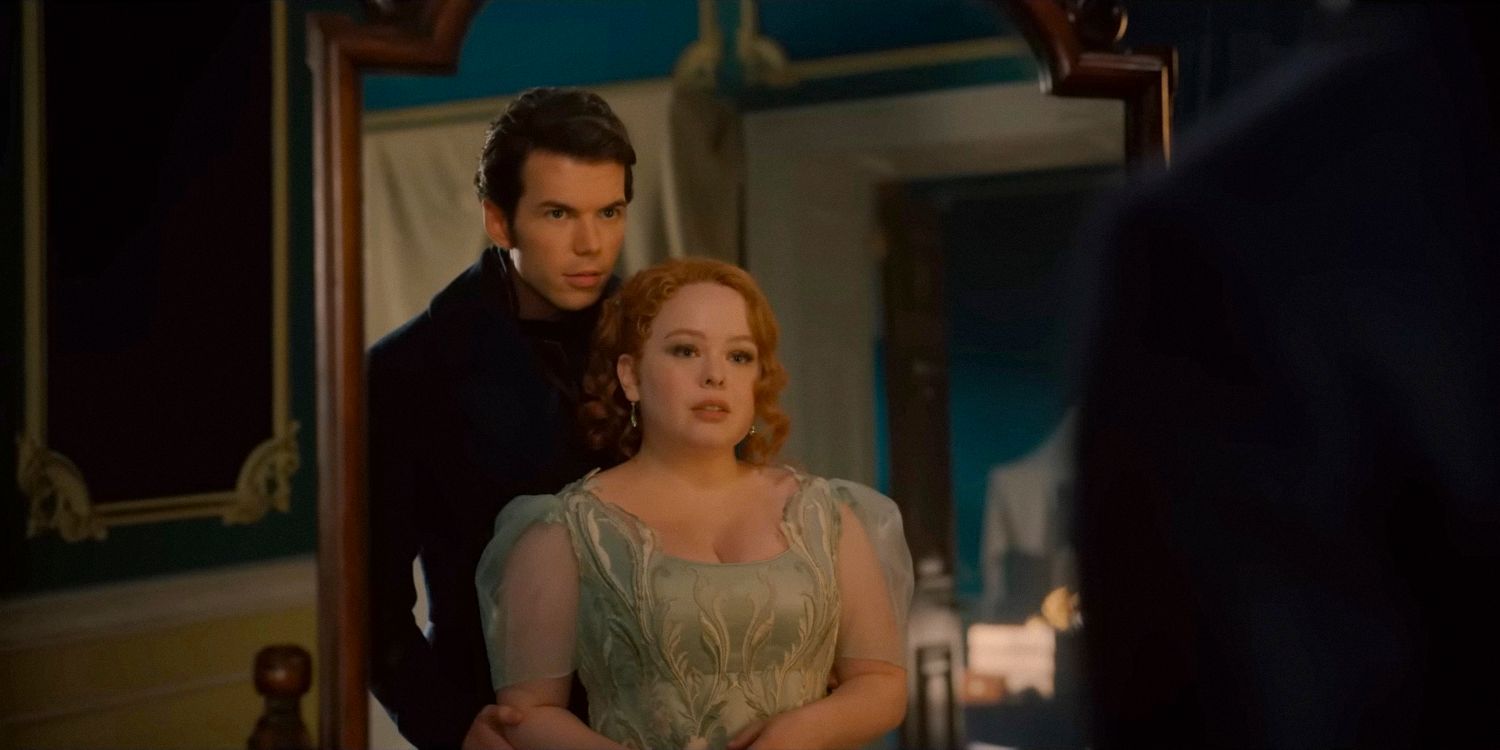
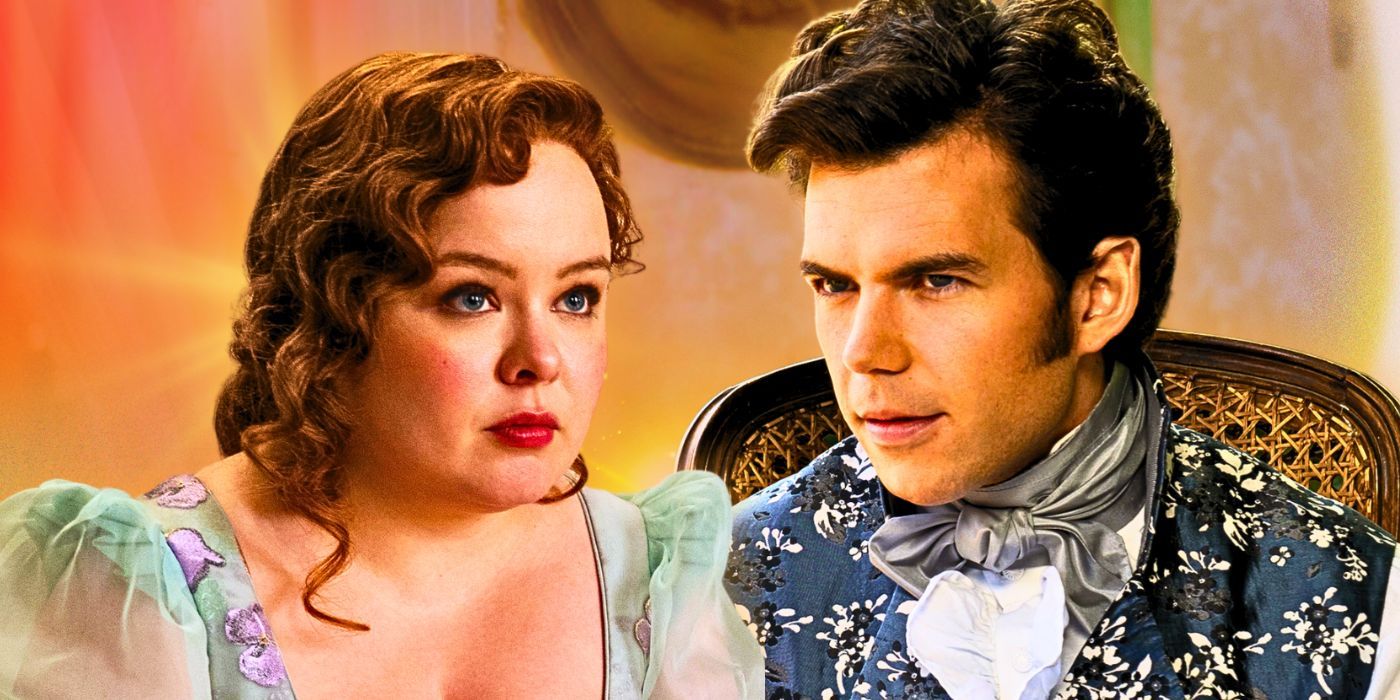



Colin and Penelope’s book romance differs in Bridgerton season 3, and Romancing Mr. Bridgerton tells a very different story. Unfortunately, Colin is a rather toxic character. For example, before their love affair truly begins, Colin discovers the identity of Lady Whistledown. Colin finds a draft of Whistledown’s but refuses to return it to Penelope, even though she’s in tears, and shows no guilt over rifting through her possessions. At their engagement party, he becomes furious when Penelope publishes a new Whistledown piece without his permission as if he’d been involved with the charade since the beginning.
Colin has quite the temper, too. When he hears about Whistledown’s latest publication, Colin gets angry, and there are mentions of Penelope possibly waking up with a “serious bruise on her arm.” Even though Colin knows he’s hurting her, he continues grabbing her wrist so that he doesn’t explode in front of their hundreds of guests. Quinn’s narrative speaks of Colin wanting to kill his fiance for her deception, and while Anthony gives a toast at their celebration, Penelope picks up on Colin’s increasing fury. She grows fearful, and from Colin’s point of view, he agrees she “should be scared.”
The Bridgerton Books Mix Up Submission With Love
True Romance Doesn’t Need Intimidation
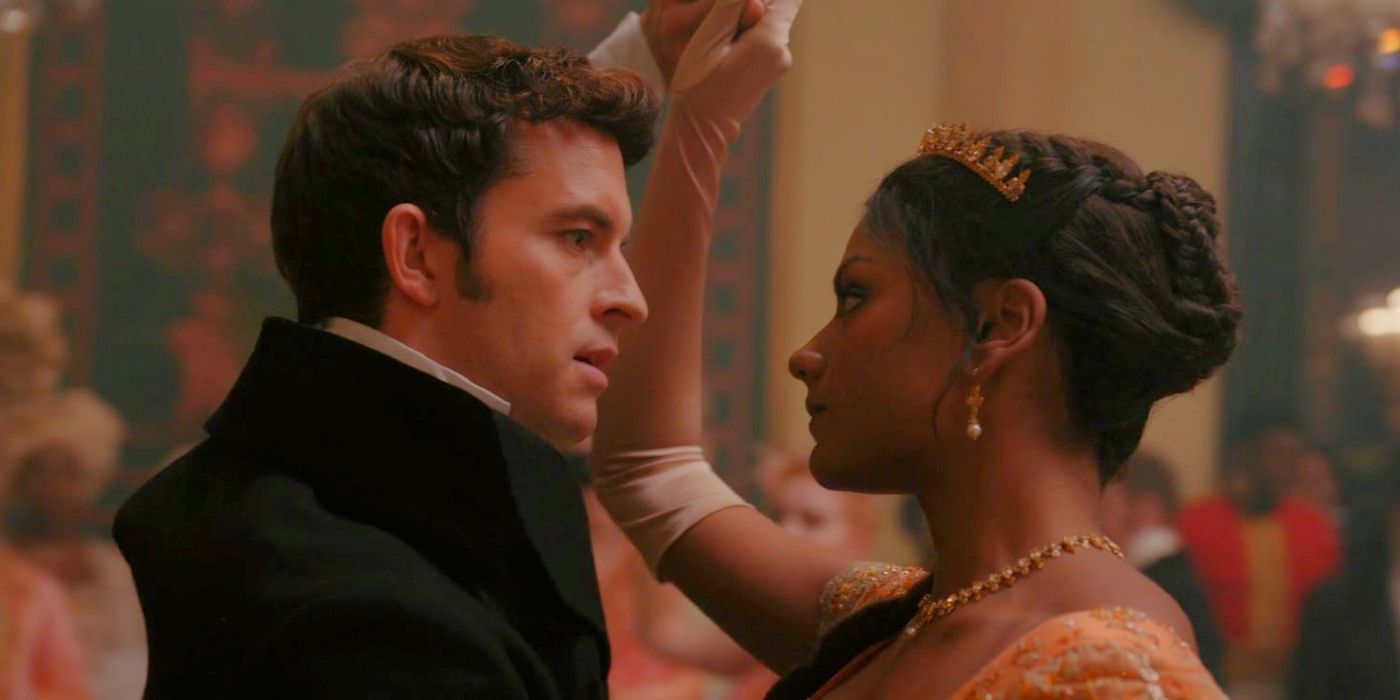
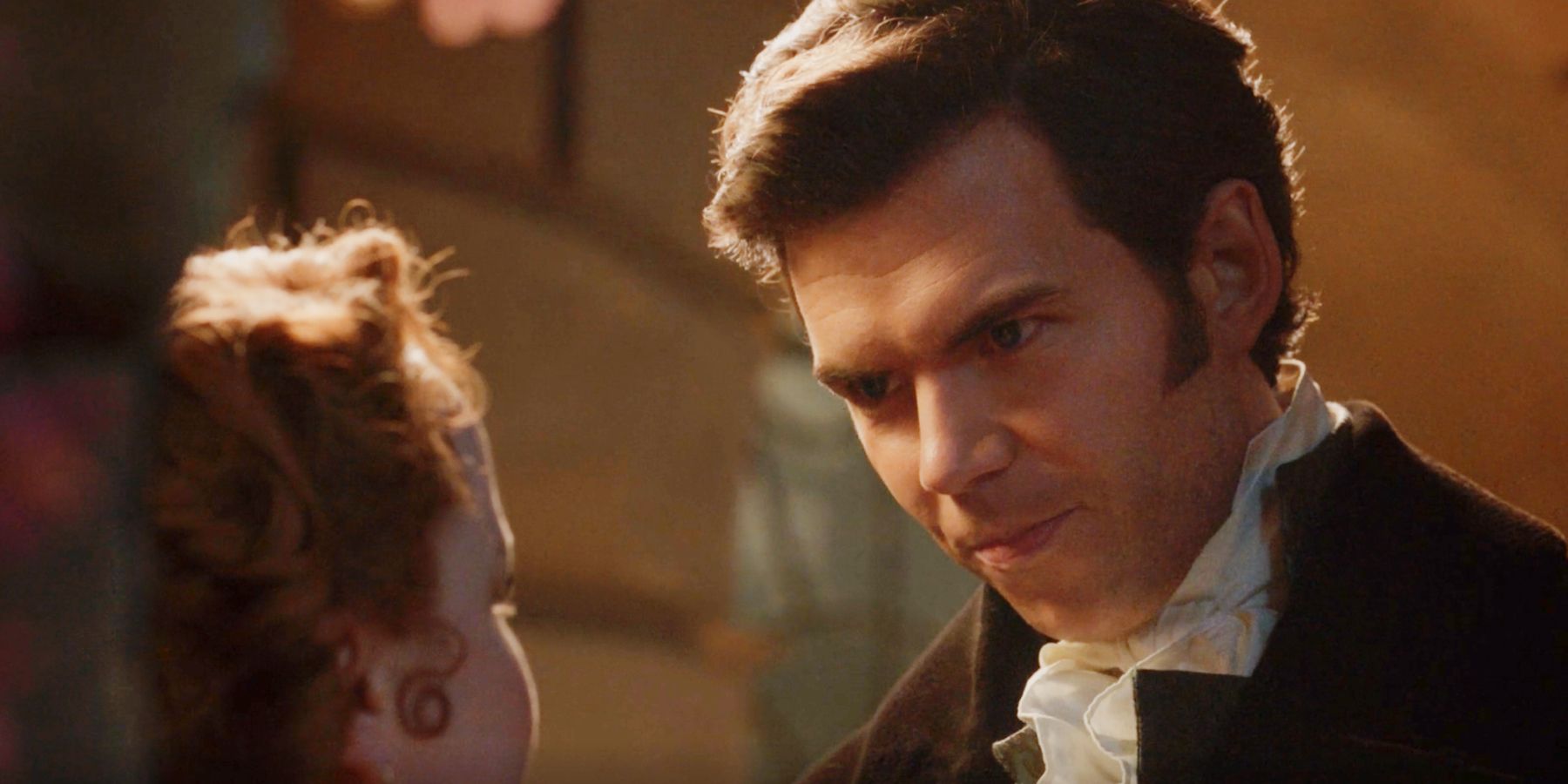
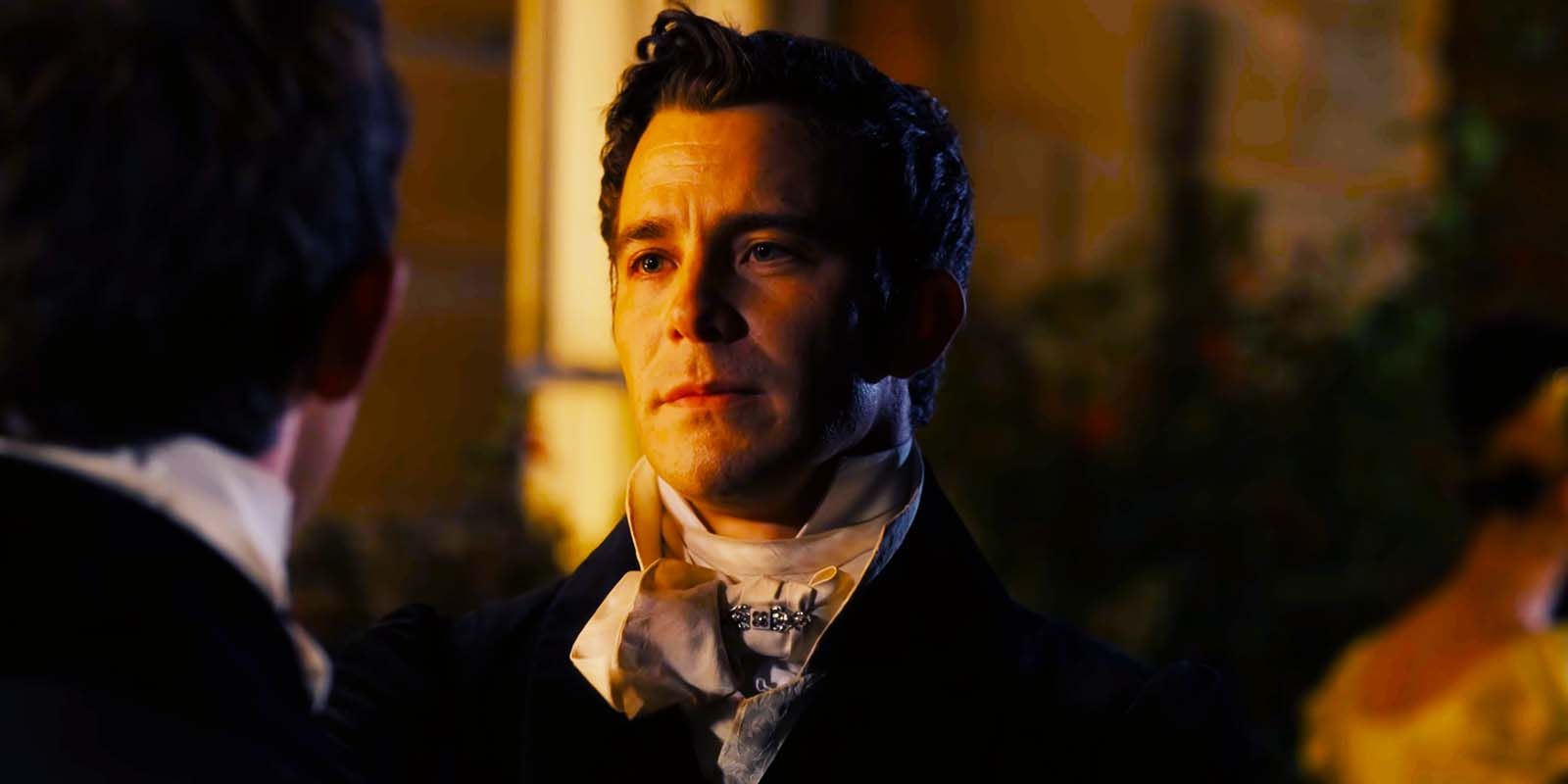



Although the Bridgerton books are a product of their time, the narrative sadly mistakes submission for love, especially from the point of view of its male characters. In the Bridgerton TV show, although the Regency period and its strict societal rules are very much present, the books differ—for example, Anthony’s run-in with Kate while with Maria, Sienna’s book counterpart, in The Viscount Who Loved Me. When Kate tries to hide from Anthony in the study, he sends Maria away and pursues Kate. However, Anthony’s kiss is abrupt and intimidating, which isn’t the last time he treats Kate this way.
The three eldest Bridgerton brothers tend to enjoy scaring their love interests in some way. Colin terrorizes Penelope over the last Whistledown paper, and then pages later, the two are rolling around in the hay in a heavy make-out session. Benedict threatens to chase Sophie out of the lake while naked, which is played as a form of flirty banter but is just plain uncomfortable. The trio’s stories rely heavily on the idea that they are experienced men and that their women should be pure and submissive, which is sadly caused by how romance books from the 2000s are written.
Eloise’s Character Development Is Chaotic
Bridgerton’s Independent Woman Isn’t The Same After Marriage
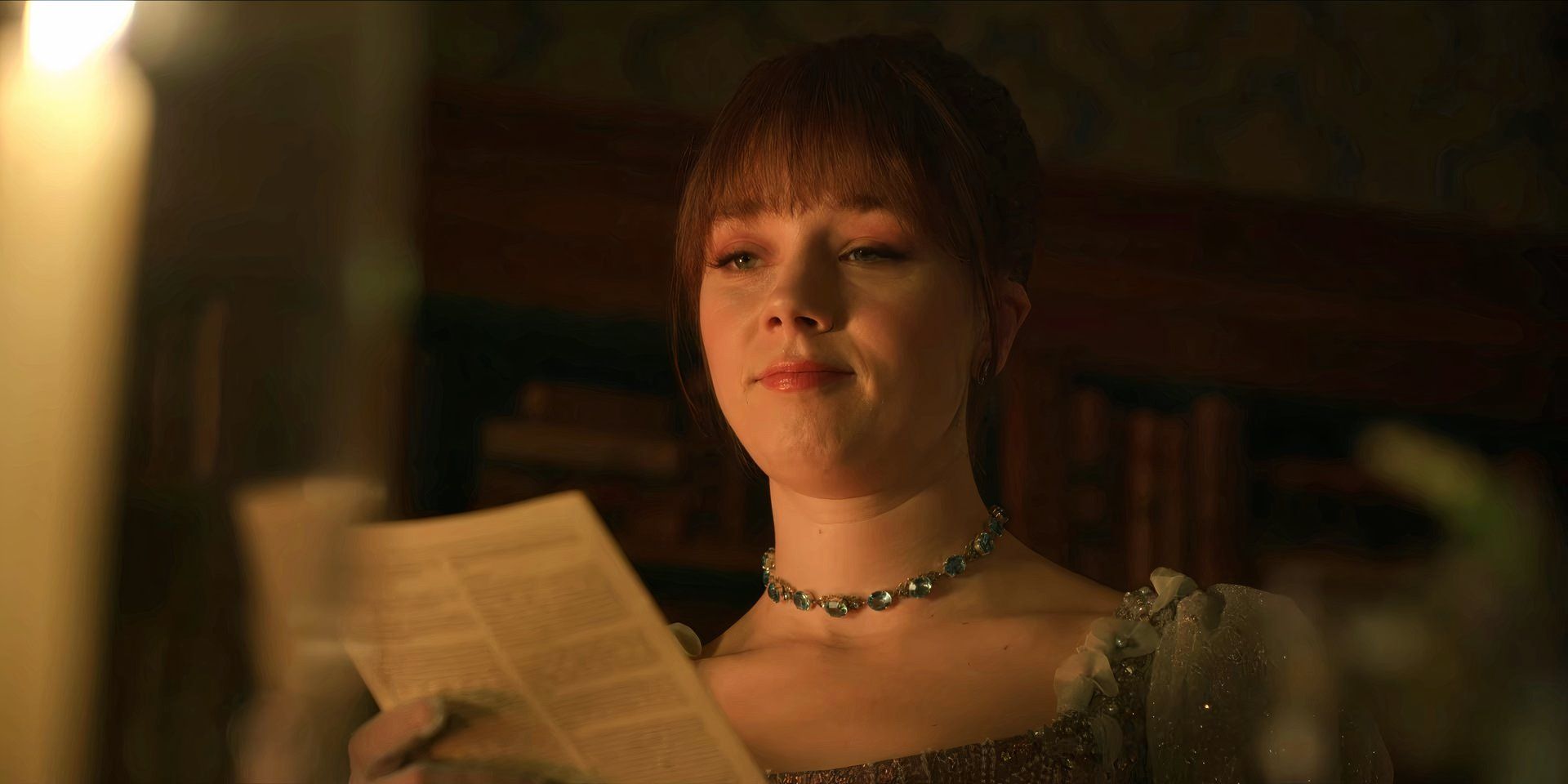
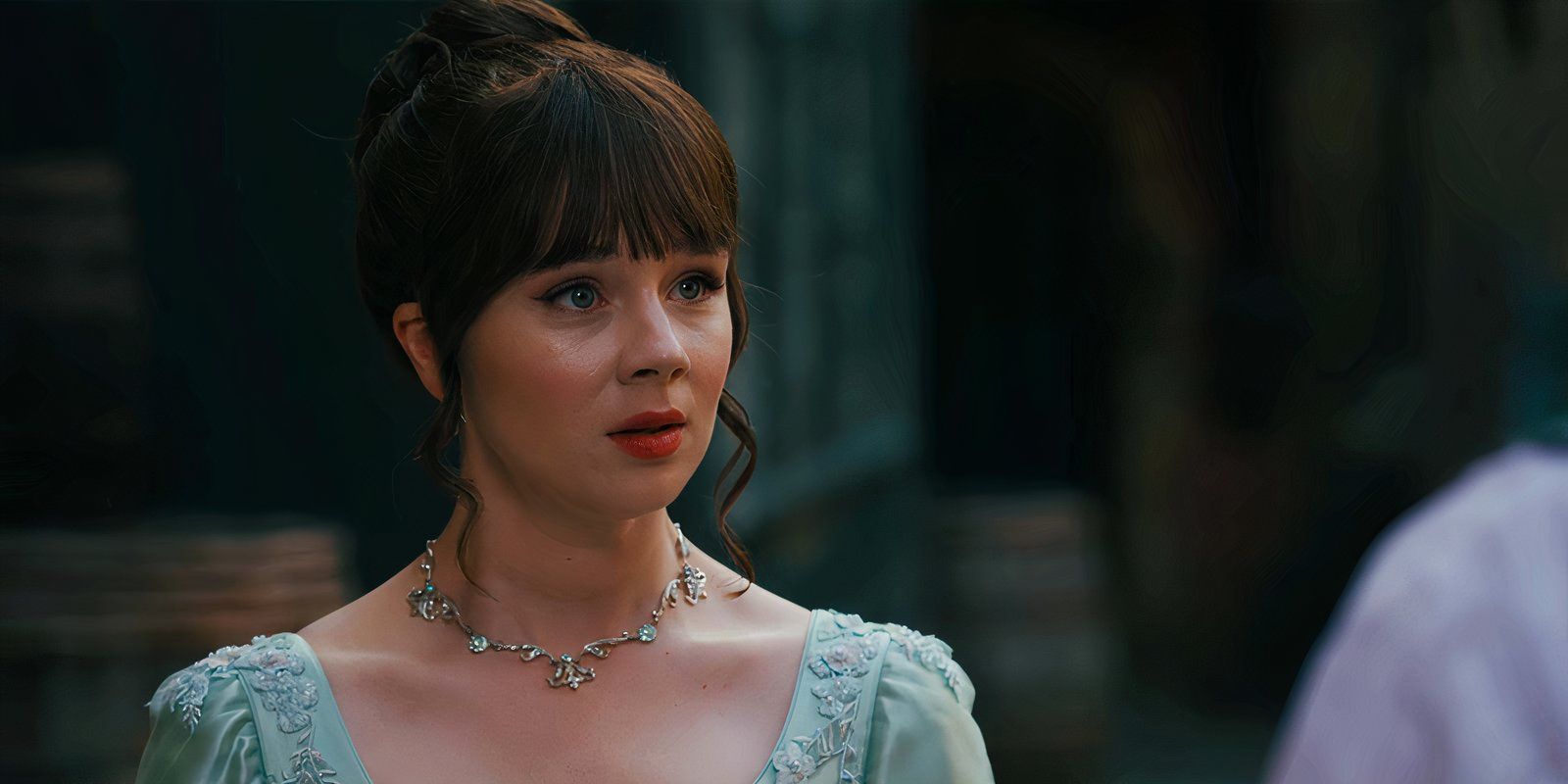
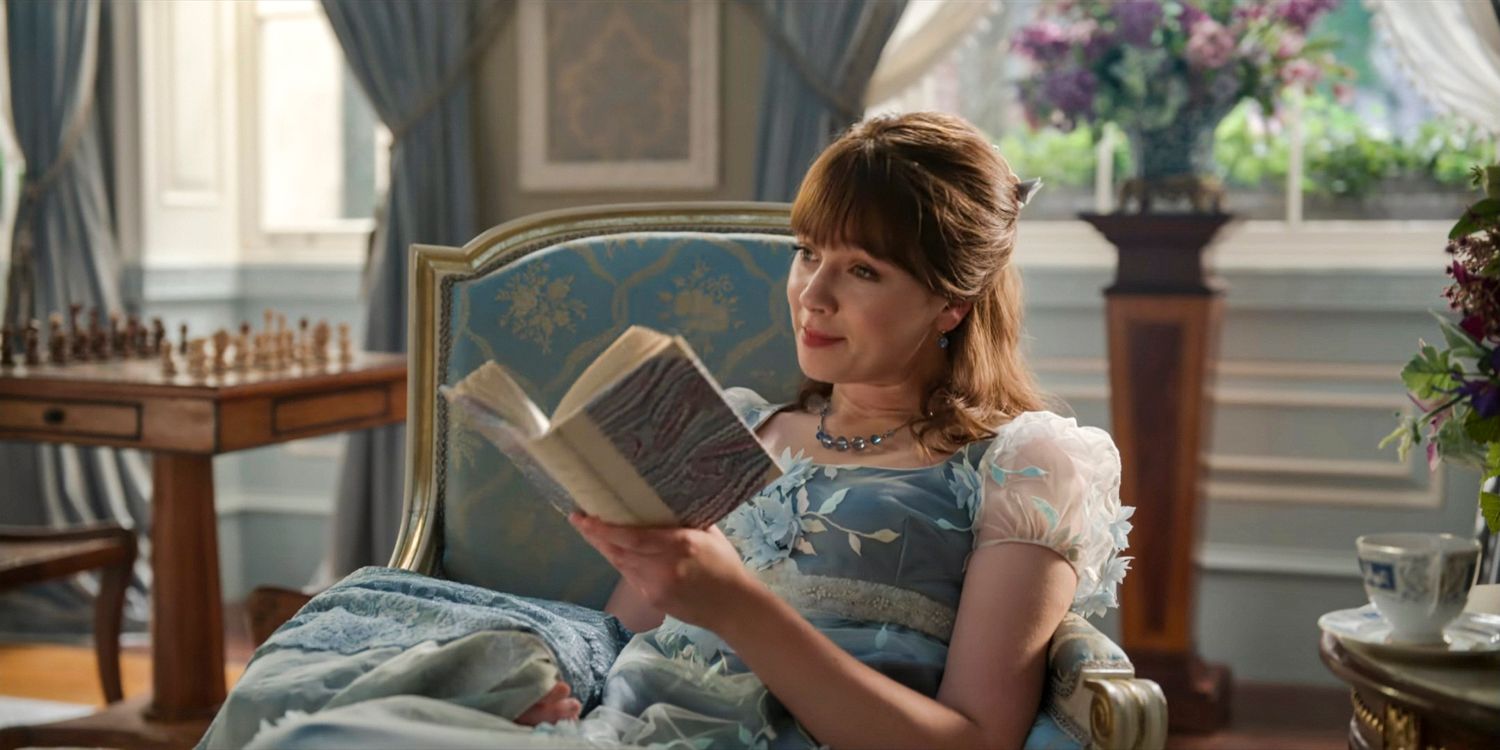



Although Eloise’s character is initially written as if she is from an anticipated romance book of 2024, with her modern way of thinking being massively different from others around her, she sadly falls victim to Brigderton’s expectations. Eloise is saddened by Penelope and Colin’s engagement, hoping she and her best friend will grow old together as spinsters. However, she is generally happy that they find happiness. Watching her brother and Penelope start their lives makes Eloise feel lonely, so she reaches out to Sir Philip, whose first proposal she ignores because he is the widow of Marina Thompson in Bridgerton.
Even though there are differences in Eloise’s character compared to the TV show, the book interpretation is still ahead of her time. This is why it’s so disappointing to see Eloise marry the problematic Philip. Philip is patronizing and only proposes because he assumes Eloise’s title of spinster means that she is desperate for a husband. He’s an abusive father, and there are mentions of him wanting to whip his children, so he wants Eloise to be a mother figure to them. Eloise’s bold and strong character is discarded by marriage, which is frustrating and out of character for her.
Kate And Anthony’s Love Story Is Painfully Enemies To Lovers
The Viscount’s Attempt At Romance Is Rude And Brash
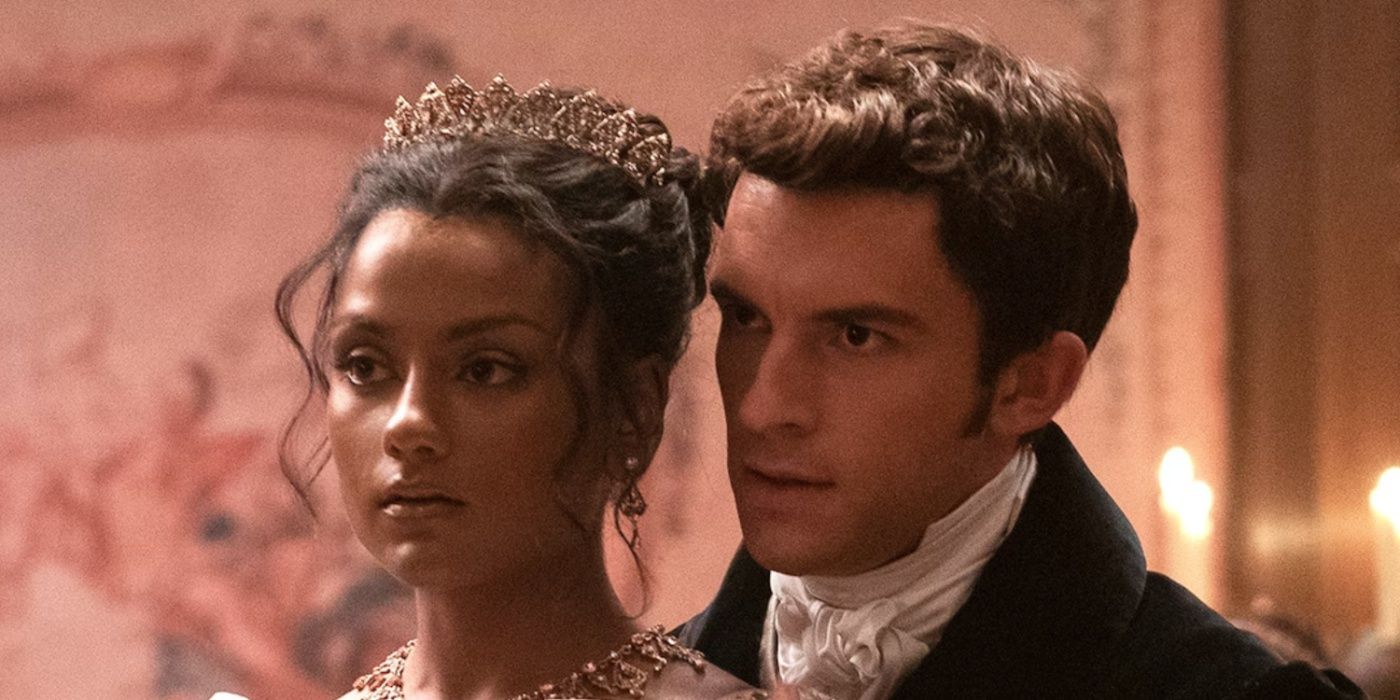
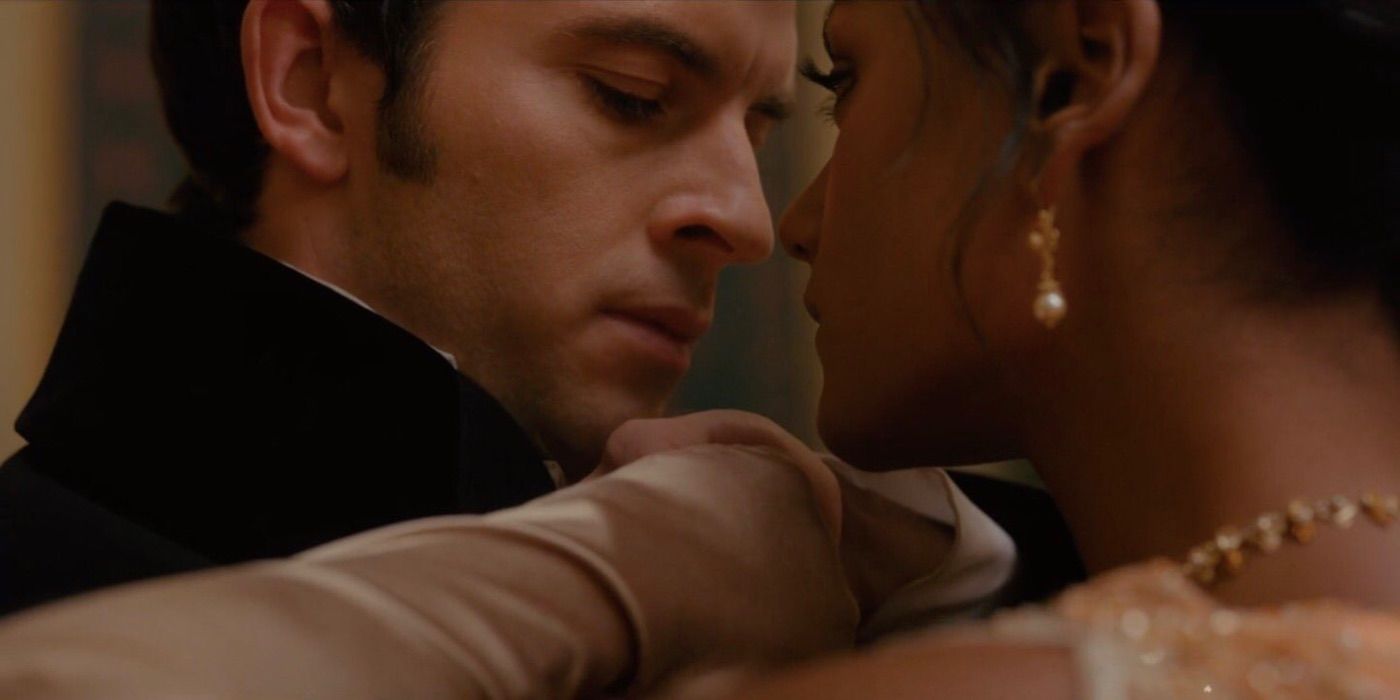
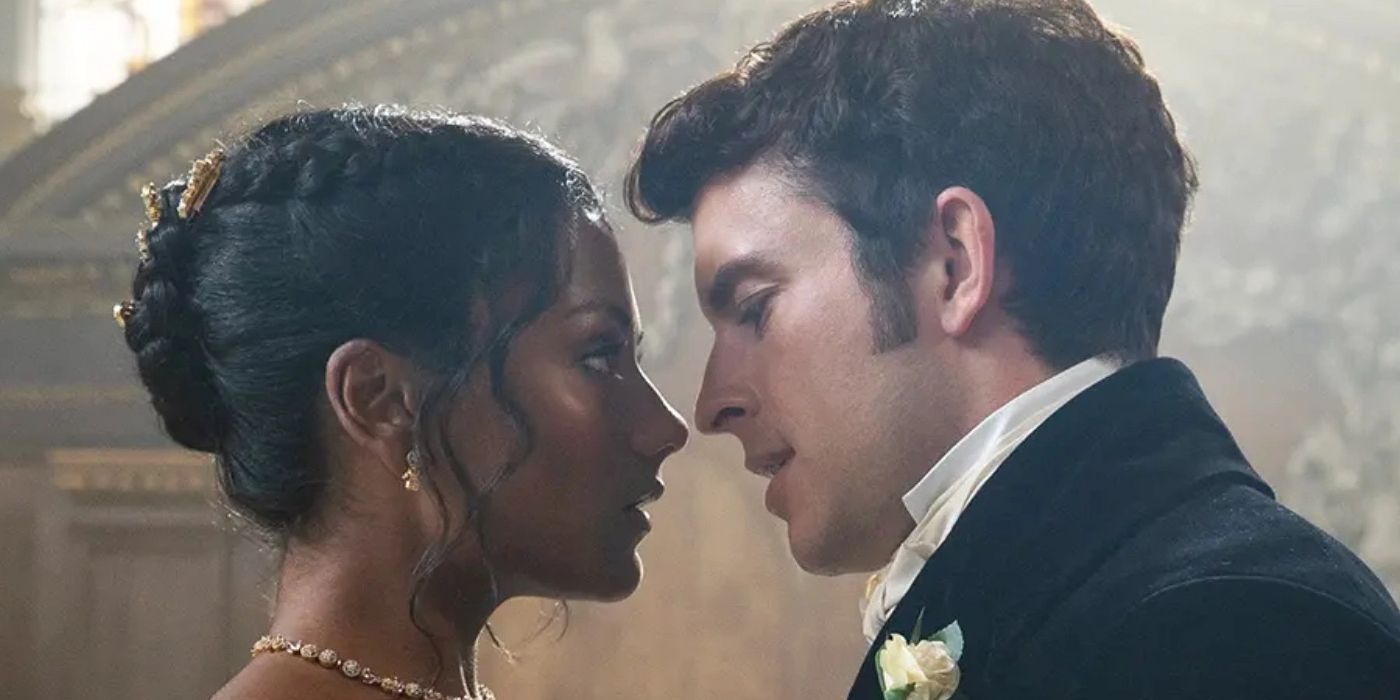



The differences in Kate and Anthony’s story in the Bridgerton books in comparison to the TV show are baffling. In The Viscount Who Loved Me, Kate and Anthony are simply awful to each other, and their journey is painfully the enemies-to-lovers trope, but on a ridiculous scale. Kate is under the assumption that Anthony is a “rake” and so considers him to be far from good enough for her sister, Edwina. During their first meeting, Anthony mocks Kate’s knowledge of men and implies that she is naive, and his frustration toward her is displayed several other times throughout the book.
For example, Anthony shouts at Kate when her stepmother’s dog knocks Edwina into the lake, disregarding Kate trying to defend herself. Later in the book, Anthony starts having erotic daydreams about Kate, but his attempts to put the image out of his mind result in more harsh words from him. Kate is repeatedly adamant that her loyalties are to Edwina and that she won’t allow Anthony to marry her, but he persists, regardless of her feelings. The Bridgerton TV show improves Kate’s character massively, as does Anthony’s, but the first half of their journey in their book is hugely uncomfortable.
When He Was Wicked’s Love Triangle From The Grave Was Cruel
The Memory Of The Late John Sterling Made Francesca Selfish
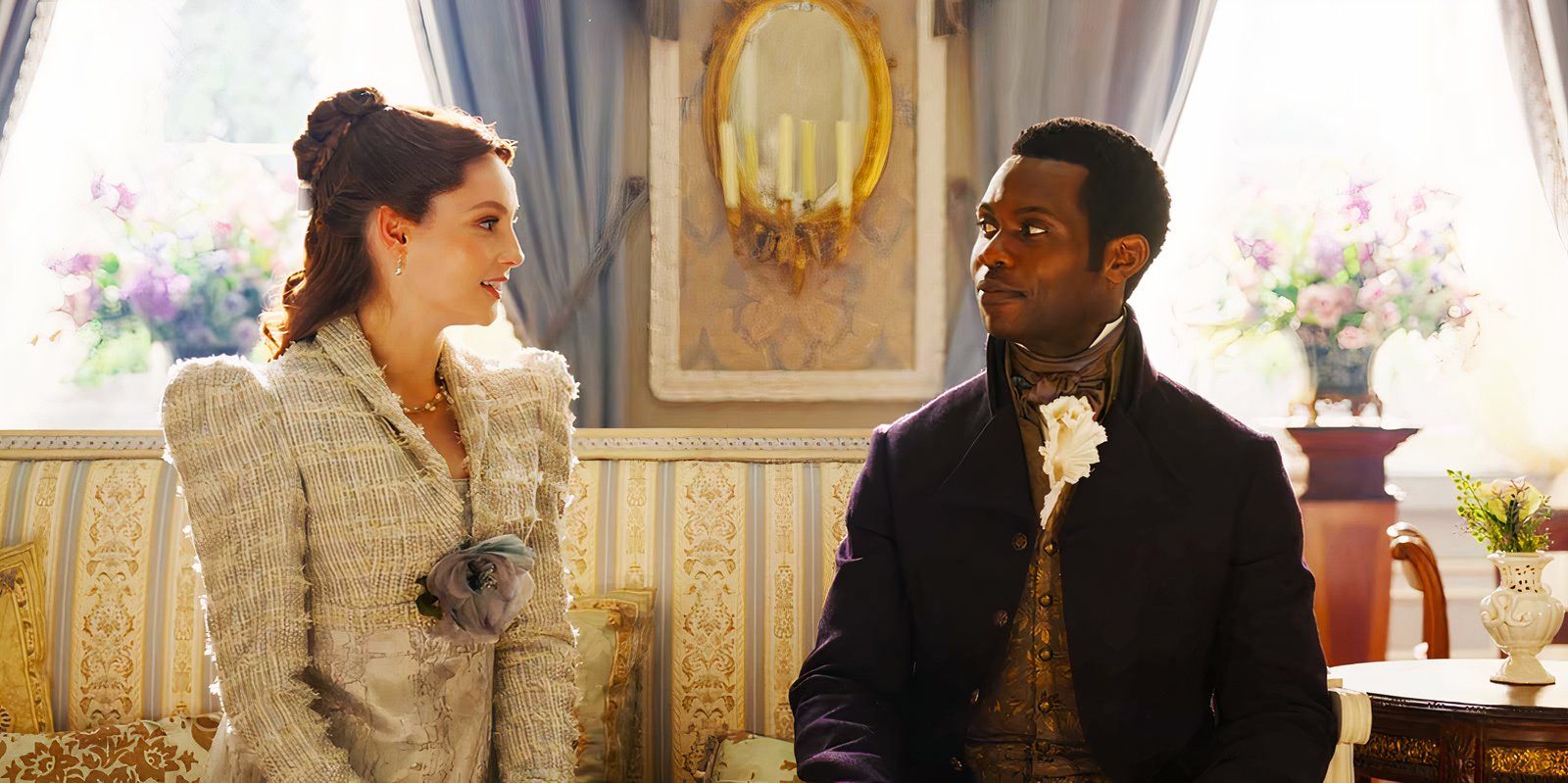
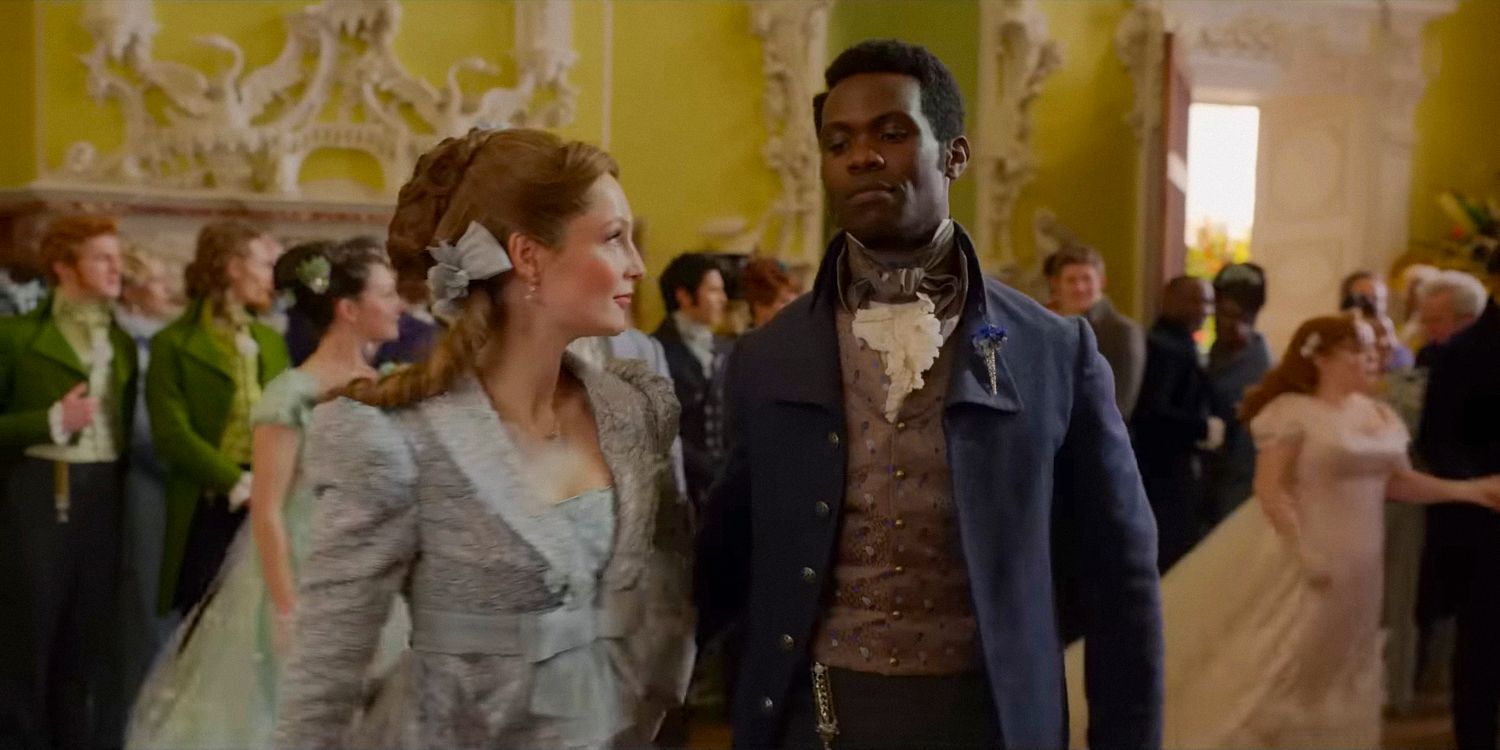
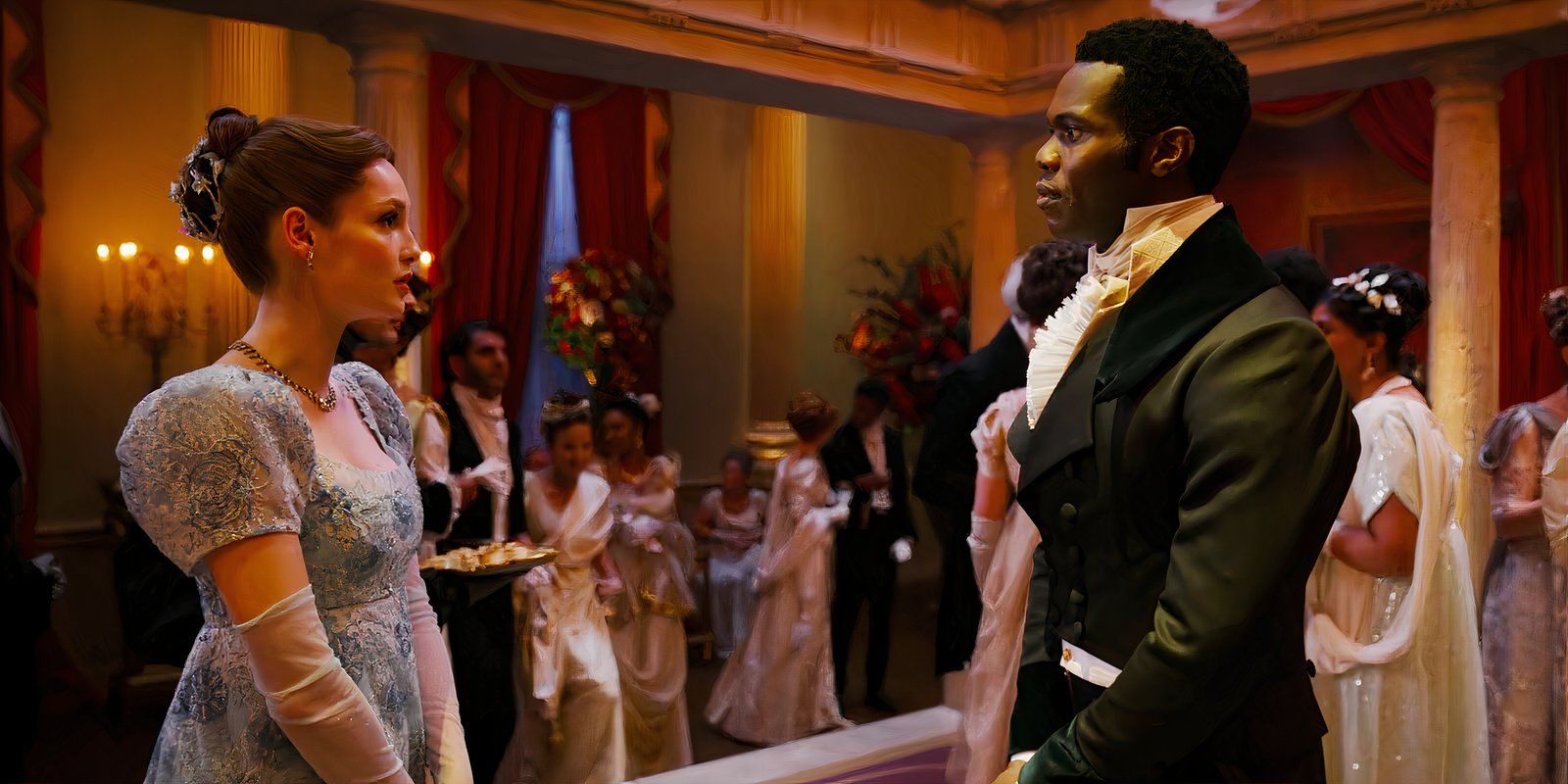



When He Was Wicked focused on a love triangle between Francesca Bridgerton and her husband, John Sterling, and his cousin, Michael. Unlike the earlier books in the Bridgerton series, Francesca’s story begins when she is already engaged to John. Michael sets his sights on Francesca but realizes he cannot have her until John unexpectedly dies, and the two reunite and spark a friendship. However, the ghost of John haunts Francesca, which creates a bizarre love triangle from beyond the grave. Realistically, there is no living threat to Michael, but Francesca’s memory of her husband dictates her behavior toward him.
Michael understands and worries about taking his late cousin’s place, especially because of Francesca’s pregnancy and miscarriage. As the years pass, Michael distracts himself by having relations with lots of other women, but Francesca is naive and takes his friendship for granted. When Michael eventually admits he’s been in love with Francesca since their first meeting, she doesn’t react, and her feelings are unclear. It’s cruel that Francesca fails to respond to a man confessing his love, but it’s even worse that John’s memory dictates her decision to marry Michael to keep the Kilmartin title and bear Sterling children.
On The Way To The Wedding Feels Forced Because There’s A Lack Of Gregory In The Other Books
The Youngest Bridgerton Son Is Introduced Too Late In The Series
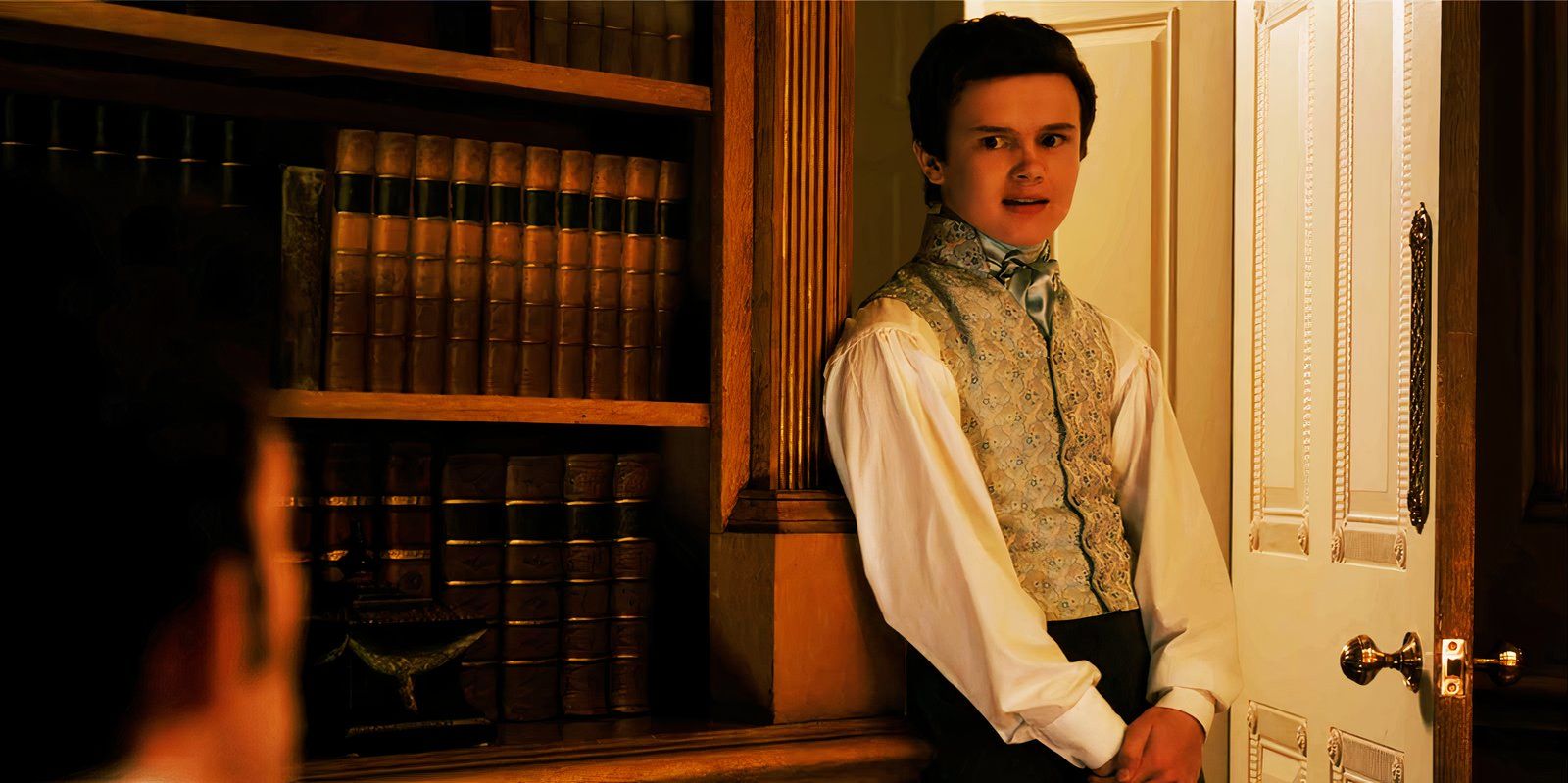
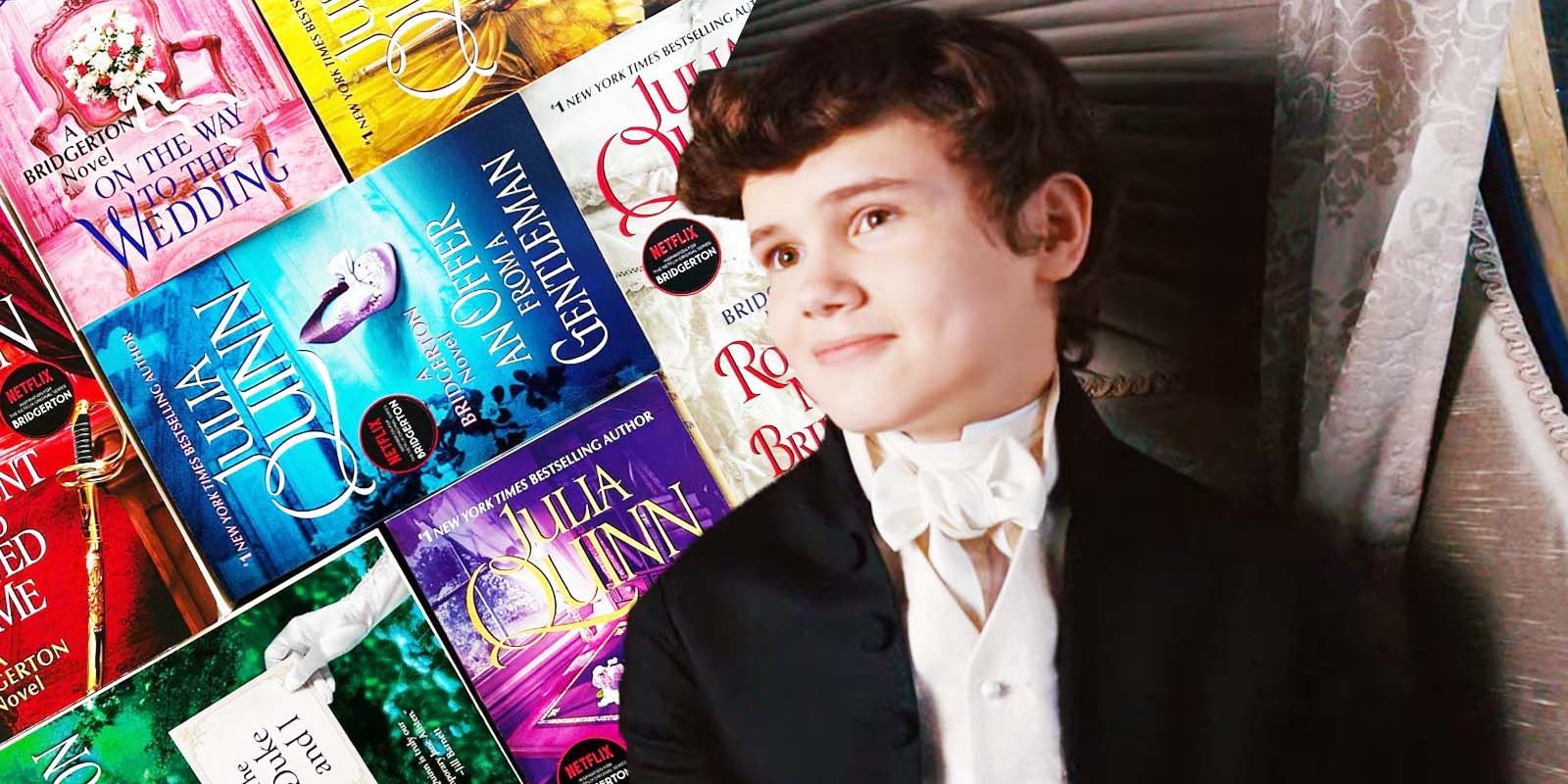
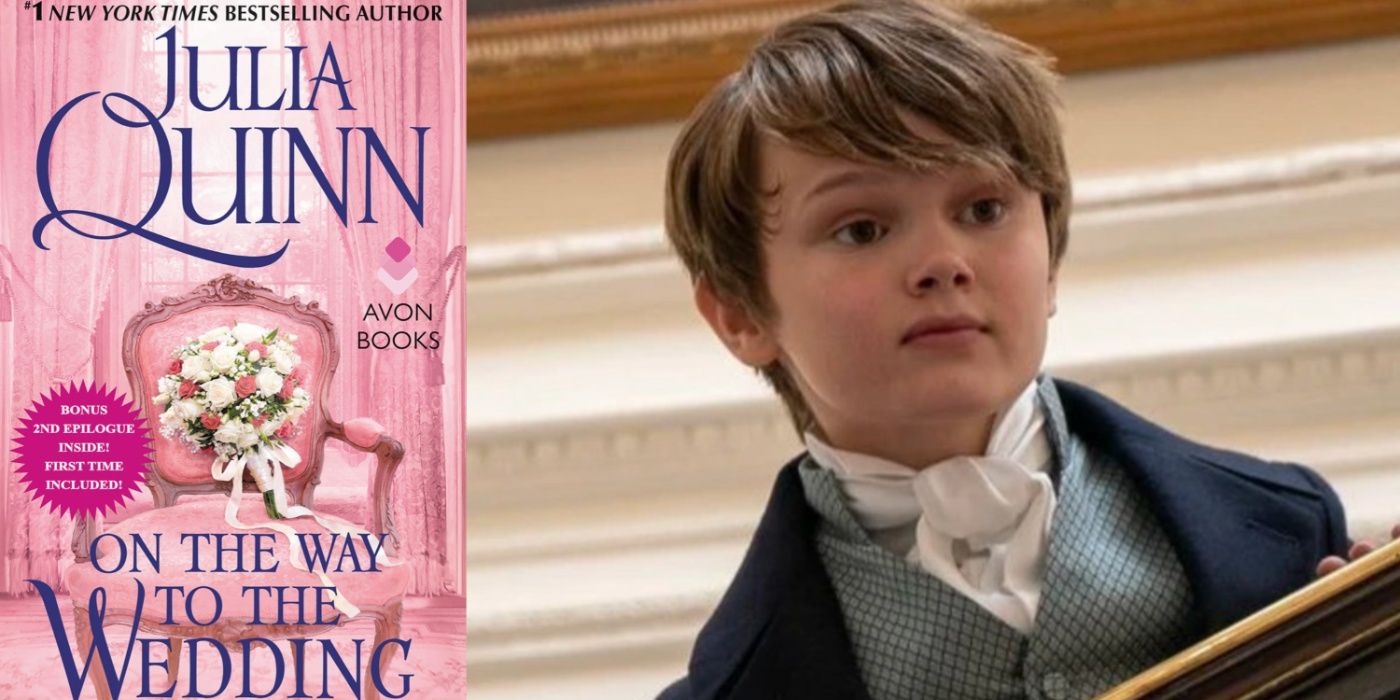



In all eight Bridgerton books, the family’s youngest son, Gregory, is relatively absent until his novel, On the Way to the Wedding. Gregory is very different from his older brothers and believes in true love. While this mindset is refreshing, Gregory’s love story with Lucinda Abernathy isn’t as impactful as the others.On the Way to the Wedding isn’t a bad book, but Gregory suddenly taking center stage is only jarring because his character isn’t very developed. Gregory’s story is the last of the series, so as a child, his character development isn’t a priority for Quinn.
Gregory doesn’t appear in An Offer from a Gentleman, Romancing Mr. Bridgerton, or When He Was Wicked at all, but is a background character in the others. Despite his romantic tendencies, it’s hard to invest in Gregory’s journey because he’s not fully fleshed out as a person. He begins in love with Hermione before quickly flipping to Lucy, which seems more like childish naivety than true love. On the Way to the Wedding is the last installment of the Bridgerton book series, but sadly, it feels like an afterthought rather than a proper story, which is a disservice to Gregory.
